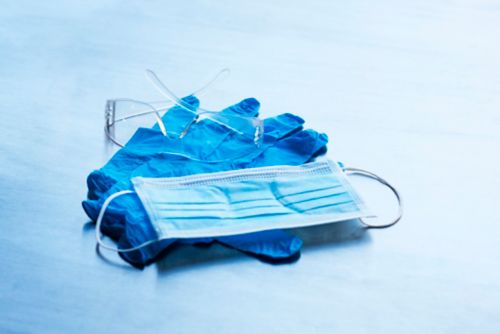Menu
Close
Back
Welcome to
Together is a new resource for anyone affected by pediatric cancer - patients and their parents, family members, and friends.
Learn MoreSome chemotherapy for treatment of pediatric cancer can be given by mouth at home. Oral (by mouth) medicines are convenient. But you should follow important safety guidelines when taking chemotherapy into your home.
Chemotherapy is designed to kill cancer cells, but it may also harm normal cells in the body. These medicines can sometimes be absorbed through the skin or breathed in through the lungs. Family members can also be exposed to chemotherapy if the drugs touch foods or everyday surfaces in the home.
Family members and caregivers must handle chemotherapy carefully and take steps to reduce exposure. Women who are pregnant or breastfeeding should avoid all contact with these drugs.
All chemotherapy drugs that are brought into the home should be thought of as a possible hazard. Simple steps can protect patients, family members, and caregivers from harm.

Wear recommended protective gear such as gloves, mask, and glasses as instructed.
For 48 hours after your child takes chemotherapy, all of their body fluids can contain the drug. Be sure to ask for gloves to take home with you from the hospital if needed.
Follow these safety guidelines until 48 hours have passed:
—
Reviewed: October 2022